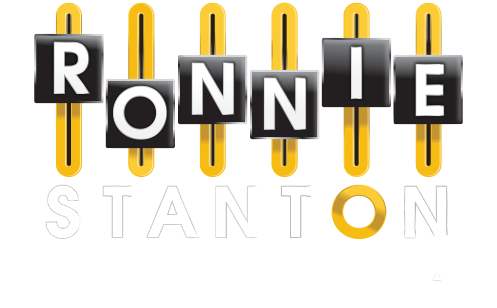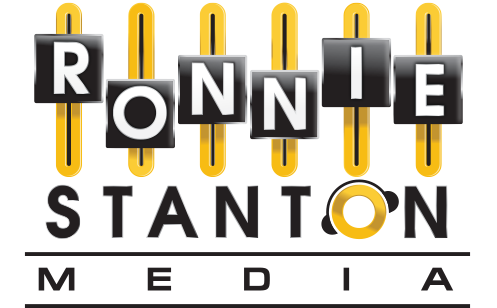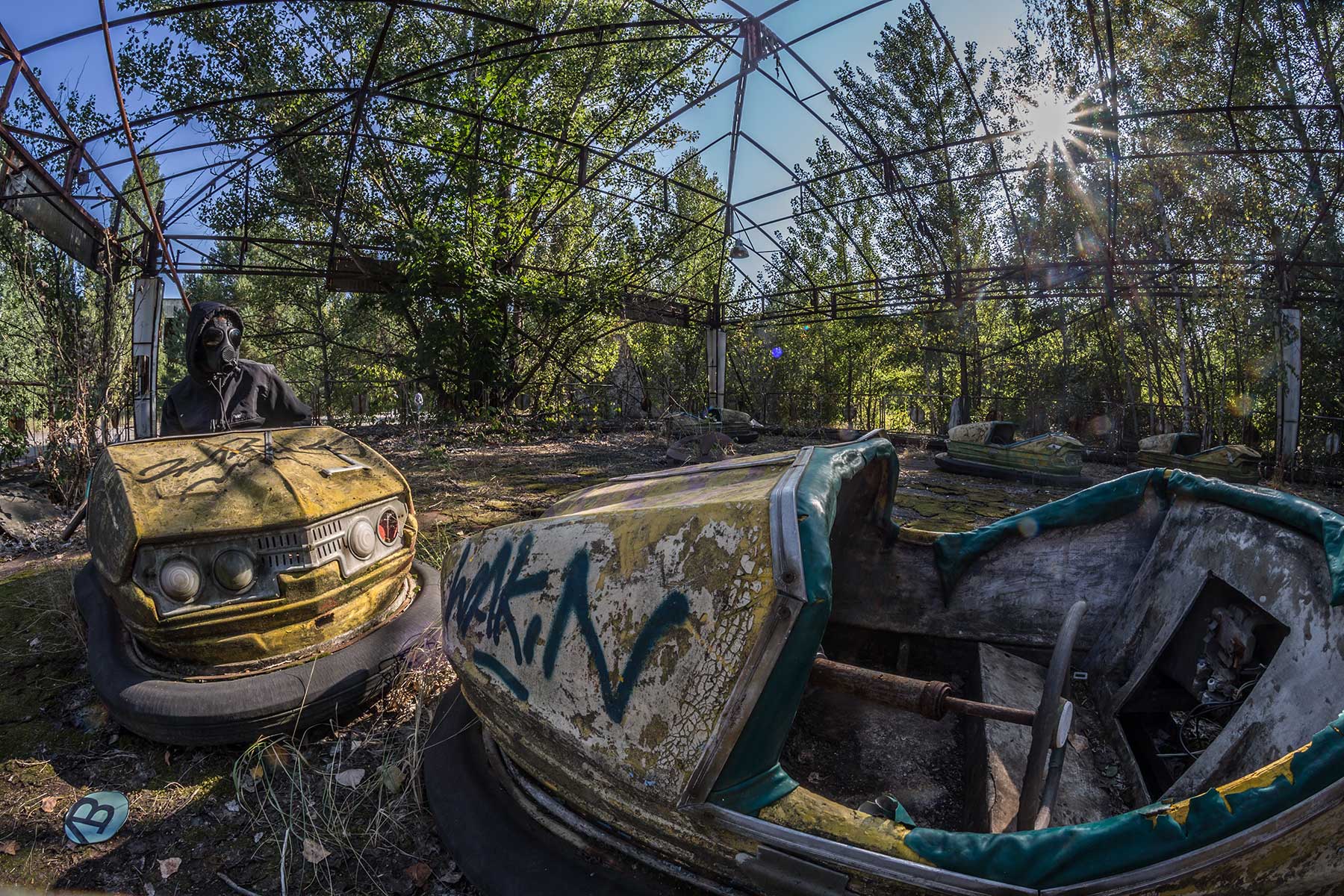Two weeks after the 33rd anniversary of the world’s worst nuclear accident, HBO has released a stunning six-part miniseries telling the untold story. It’s chilling, harrowing even, and serves as an eerie reminder of the damaging power of untruths.
Around 1AM on April 26, 1986, a series of human errors during a planned safety test simulating a power outage caused Reactor 4 at the Chernobyl Nuclear Power Plant to explode. Design flaws contributed to the disaster that led to a radioactive leak that covered hundreds of square kilometers and a still-disputed number of casualties.
Accidents happen. And this was catastrophic.
But beyond the disaster itself, it was the lack of communication, and worse, misinformation; that cost lives. The Cold War was alive and well, and Russia played down the accident not wanting to appear weak or not in control. It took three full days for authorities to warn the public of the potentially fatal health dangers and begin fulll-scale evacuations of the contaminated area – an area still in dispute today with many scientists believing the exclusion zone is a quarter of the size it should have been.
What happens when a plan goes off track at your station? What happens when a bit goes awry in your show? What happens when your brand drifts into harm’s way?
It’s easy to sweep it under the rug, deal with the fallout as best you can and move on. It’s hard to hit it head on, own the issue, collaborate and find the solution to create both a learning moment and a positive brand outcome simultaneously. Honest brands/shows win the hearts of their people (both internally and externally). Their authenticity shines, their relatable/human flaws become part of their loved memorability.
Things go boom. That piece is unavoidable.
It’s what happens next that matters most.


